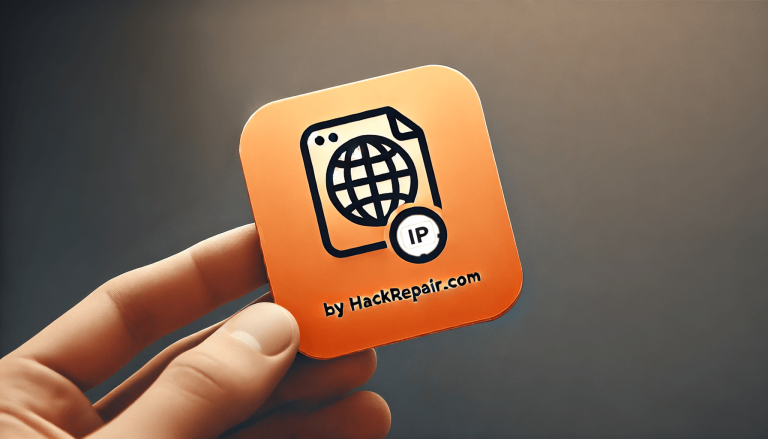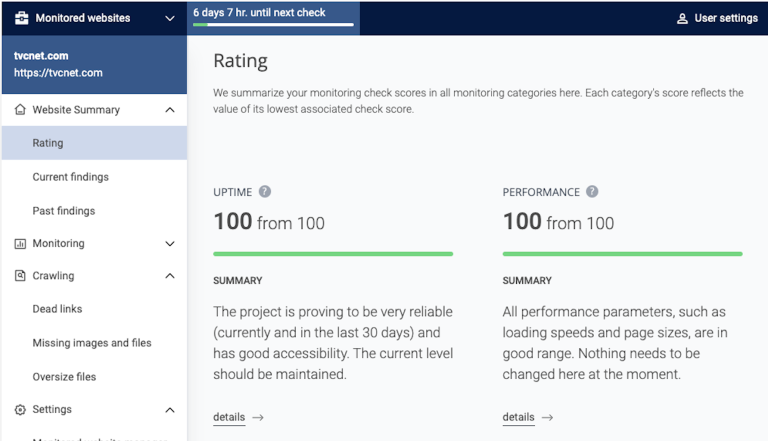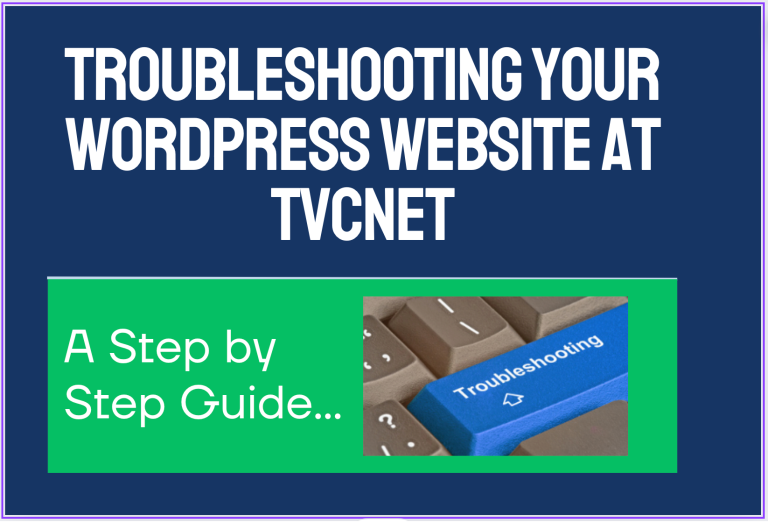Take Back Your Data: Why Your Website Should Be the Core of Your Online Persona
Learn why your own website—not social media or LLMs—is essential for building and protecting your online persona. Learn actionable tips to ensure your content remains yours.
Share on
Table of Contents
ToggleWhy Your Online Persona Needs a Strong Website
As chat-based LLMs continue to reshape how people find and trust information, your online persona will matter more than ever. But here’s the catch: building a strong, credible persona isn’t just about scattering your ideas across the internet—it’s about having a clear, central base of operations. In other words, your own website hosted at a reputable web hosting company.
Think of it like this. Imagine you’re an arborist and the leading expert on almond trees. You regularly contribute to reputable journals and actively post tips and insights across social media platforms. Naturally, LLMs notice your content—they gather your wisdom, integrate it into their responses, and users benefit from your knowledge. Sounds good, right?
The Problem: Lack of Ownership Over Your Expertise
Without a dedicated website, you’re essentially giving your knowledge away anonymously. Your valuable insights end up scattered across the internet, disconnected and without a clear path pointing back to you. In short, you get zero recognition or credit, and the reputation boost you deserve slips away unnoticed.
Here’s How It Should Work:
- Establish Your Home Base: Start with your website. Every article, update, or piece of content should originate on your website before being shared elsewhere.
- Broadcast from Your Center: Once you’ve created your content, share it across social media and external platforms. But always link back to your website, not just the social platform.
- Become a Recognized Voice: Over time, as you consistently produce and distribute content from your website outward, you build authority. Search engines recognize this and rank you as a trusted source.
How to Ensure Your Website is Recognized as the Primary Source
- Publish First & Get Indexed: Always publish your content on your WordPress site first and allow it to be indexed by Google Search Console.
- Use Canonical URLs: WordPress automatically adds canonical URLs to your posts, ensuring search engines recognize your site as the original source.
<link rel="canonical" href="https://yourwebsite.com/almond-tree-care-guide" />
Learn more about canonical URLs. - Implement Structured Data (Schema Markup): Use SEO plugins like Yoast SEO or Rank Math to add schema.org structured data.
- Consistently Cross-Link Content: When sharing content externally, always link back to your website.
- Use Proper Attribution: Always include an attribution line:
“Originally published at your website.”
Key Terms
- LLMs (Large Language Models): AI models, like ChatGPT and Gemini are trained on vast amounts of text to generate and process human-like language. Learn more.
- Canonical URL: An HTML element defining the original source of content. More info.
- Structured Data (Schema Markup): A standardized data format that improves search engine understanding. Read more.
- SEO (Search Engine Optimization): Strategies to boost a website’s visibility in search engines.
- Cross-Linking: Linking from external platforms back to your website.
- Attribution: Properly crediting the original source of content.
Final Thought
Next time you’re tempted to post your best content on Medium or Facebook, ask yourself:
Who truly benefits when your valuable content boosts their platform’s credibility instead of your own?
Take control of your persona—build your legacy on your own website, rather than letting social media and LLMs claim your knowledge as their own.
“Post First, Then Distribute”







